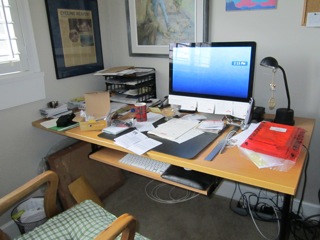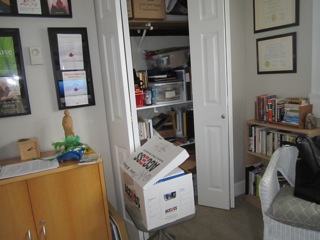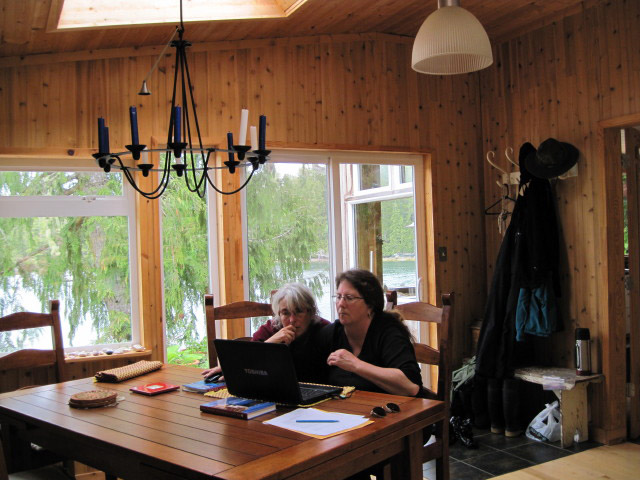Most authors make a living through multiple income streams. These include book advances, royalties and spin off articles, as well as fees for foreign distribution, movie rights, etc. Authors in Canada may also receive annual payments from the Public Lending Right Program and Access Copyright. Many countries have similar programs.
And then there are grants. These usually involve a cash payment of $500 to $20,000 and can buy a writer time for research and writing or cover travel expenses related to their project. Different countries, states and provinces and some municipalities offer grants to writers.
Some grants available to writers in British Columbia, Canada, where I live include:
The Canada Council for the Arts
You can check out the links page at The Writers’ Union of Canada to find more Canadian arts organizations that provide grants to writers.
Applying for a grant is tempting and some writers make a good portion of their income this way. Obtaining funding can mean the difference between finishing a book in a timely manner or having to space the project out over time due to taking on other short term writing gigs to pay the bills.
But grants are a lot of work. Most require a detailed outline of your project, a budget, a resume, a list of publication credits, letters of reference and writing samples. I recently applied for an Access Copyright Foundation Research grant for the book I’m writing about cougars.
I’ve written – and received – grants in the past so sat down to determine how much time this application would take. I estimated two long, full days at the most. At the end of five days I staggered out of my office clutching a 28-page document.
Do I think the time spent was worth it? If I get the grant, the answer will be a resounding “Yes!” But even if I don’t receive any money, it was still a worthwhile endeavor.
Why? Because it forced me to create a detailed plan for an important aspect of my research. I now know who I want to contact and what I want to ask them. I also have a projected timeline of how long the research will take. (I don’t know if that last bit should make me happy or want to cry — if my estimate of the grant application process is anything to go by, the research will take at least twice as long as I expect it to!)
So, if you’re thinking of applying for a grant, be sure to weigh the time commitment against the benefits. That said, an important thing to remember: If you never apply for a grant, you’ll never get one.




